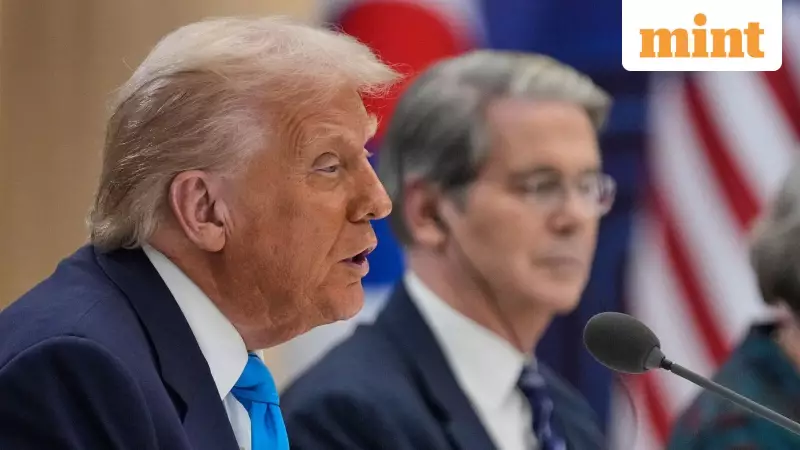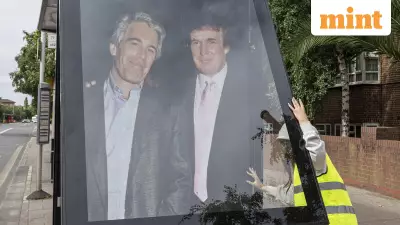
US President Donald Trump has confirmed that his promised $2,000 tariff dividend checks will not reach American citizens in time for the Christmas season, pushing the anticipated payments to next year. The announcement came during a recent conversation aboard Air Force One while en route to Mar-a-Lago.
Dividend Timeline and Legal Hurdles
Speaking on Friday, November 14, President Trump explicitly stated "It will be next year" when asked about the arrival timeline for the much-anticipated payments. He elaborated that the tariff revenues would serve dual purposes: "The tariffs allow us to give a dividend. We're going to do a dividend and we're also going to be reducing debt."
The rollout faces significant uncertainty due to ongoing legal challenges at the Supreme Court. The court recently conducted tough oral arguments regarding the administration's controversial "reciprocal" tariffs, casting doubt on the entire tariff dividend program.
When questioned whether the dividend checks would proceed if the Supreme Court rolls back the tariffs, Trump responded with "Then I'd have to do something else," indicating the program's dependency on the tariff framework surviving legal scrutiny.
Details Remain Unfinalized
Trump administration officials have yet to provide concrete details about how the rebate system would operate. Treasury Secretary Scott Bessent revealed that discussions include implementing an income cap for eligibility.
During an appearance on Fox & Friends, Bessent suggested "that would be for families making less than, say, $100,000" but immediately clarified that "it's in discussion" and "we haven't" finalized that specific threshold. The President himself avoided providing any concrete income limit during his remarks.
Controversial Legal Foundation
The tariff dividend plan faces additional scrutiny due to Trump's unconventional use of the International Emergency Economic Powers Act (IEEPA) to impose tariffs. This statute, which notably doesn't mention tariffs specifically, has been invoked by Trump in ways no previous president has attempted.
The Supreme Court's evident skepticism toward the tariffs presents a substantial obstacle for the administration's plan to distribute the $2,000 payments. Legal experts note that if the court rules against the administration's use of IEEPA for tariffs, the entire dividend program could collapse unless Congress intervenes with alternative funding mechanisms.





